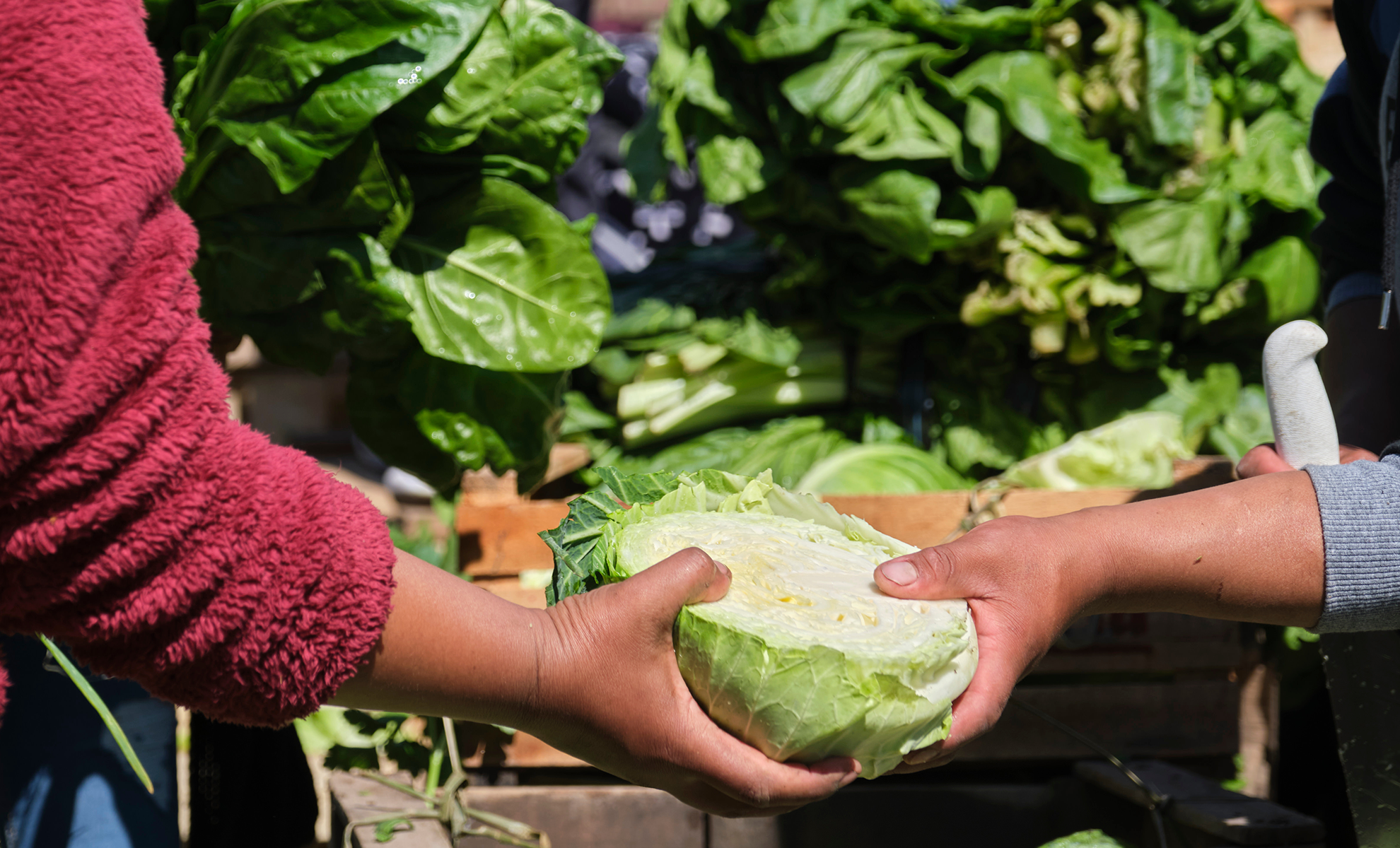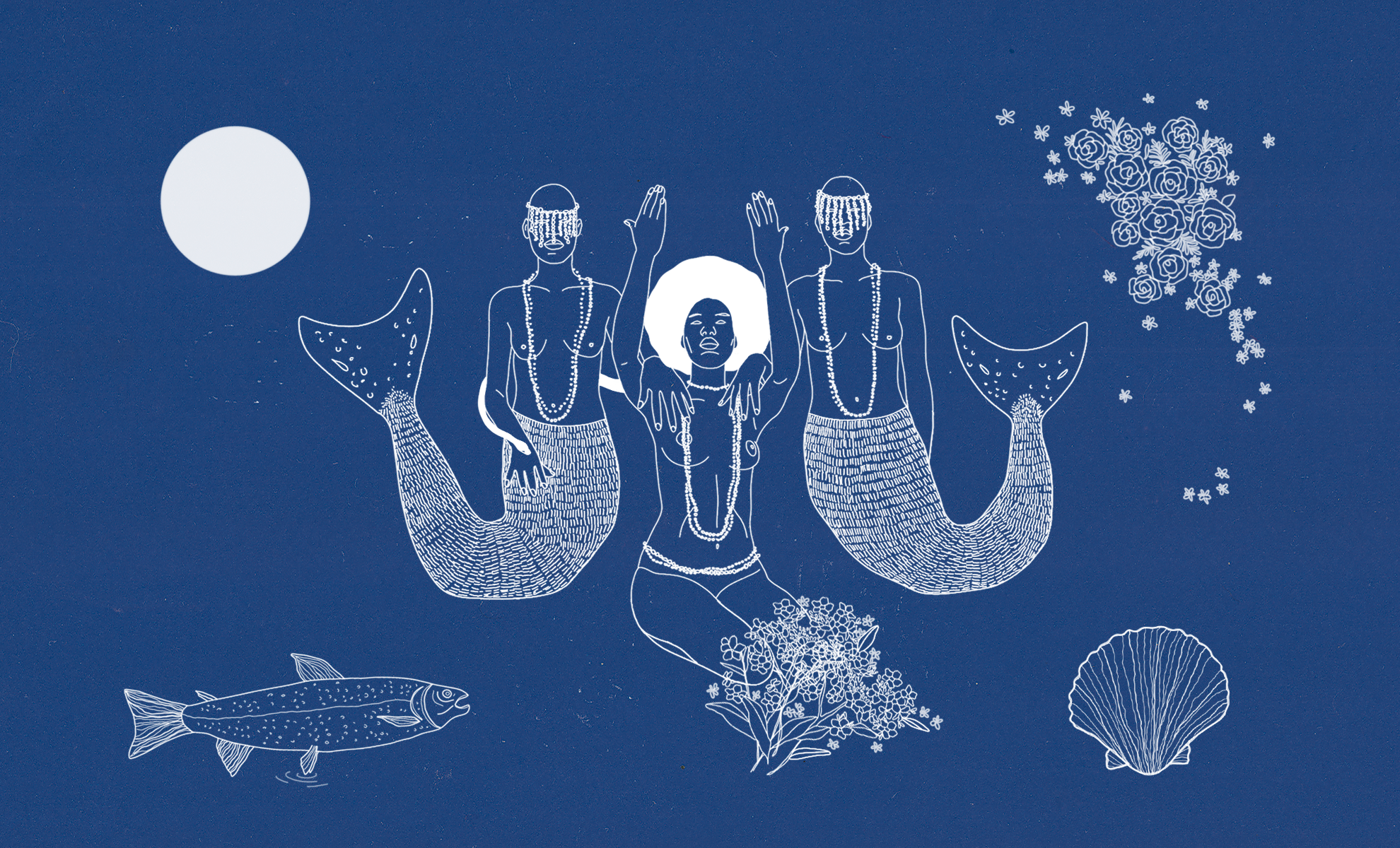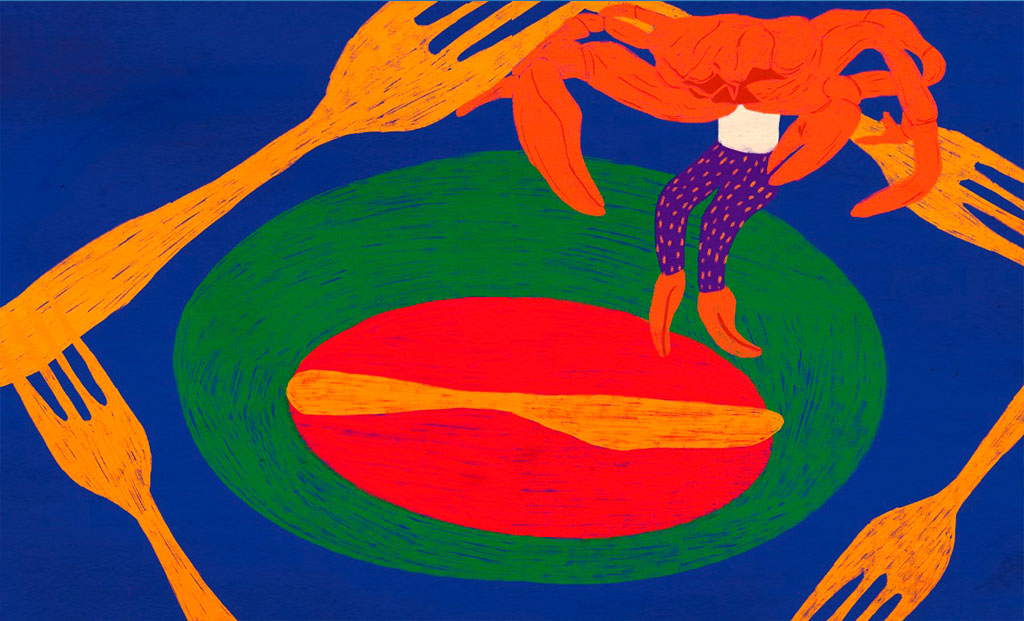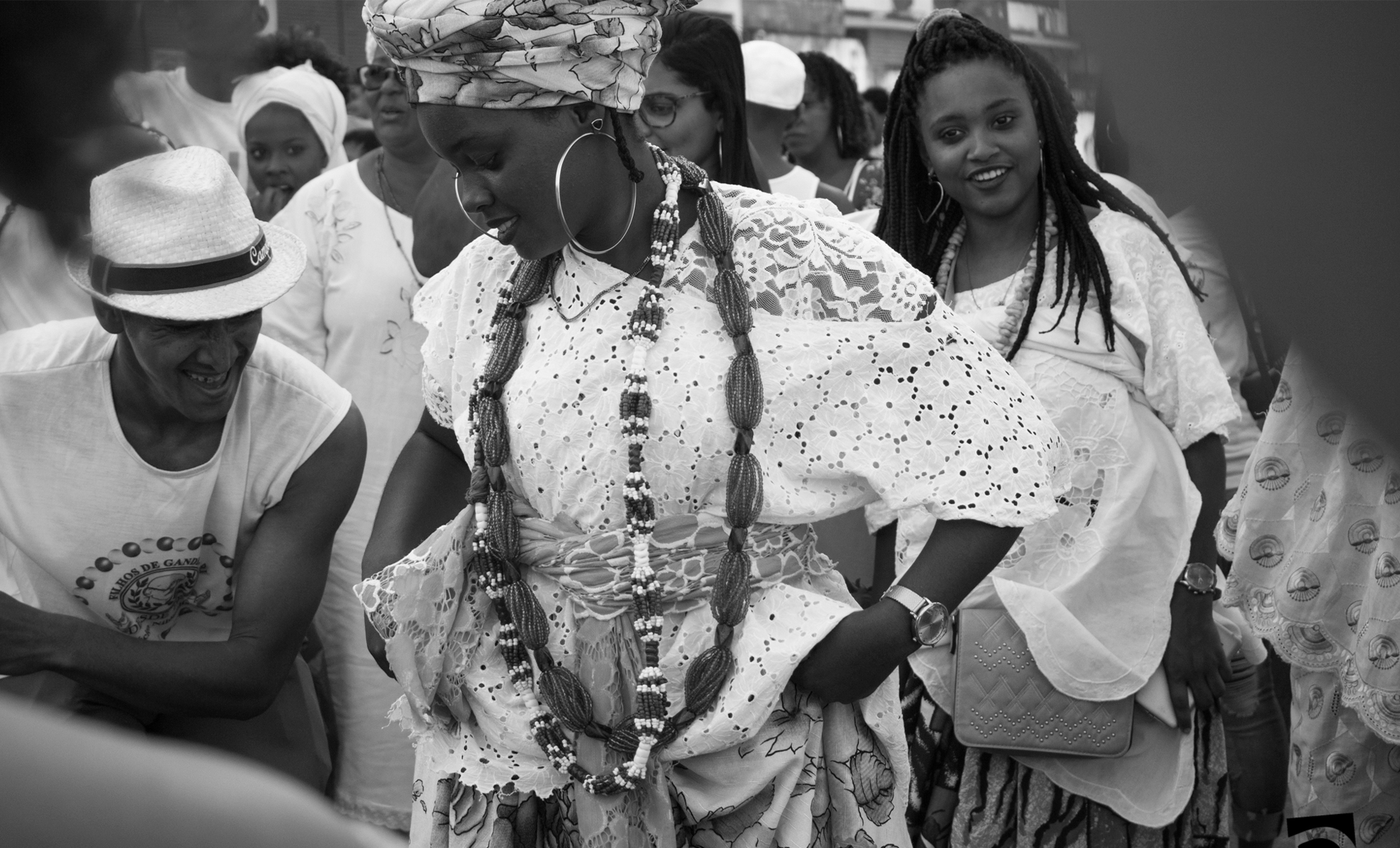



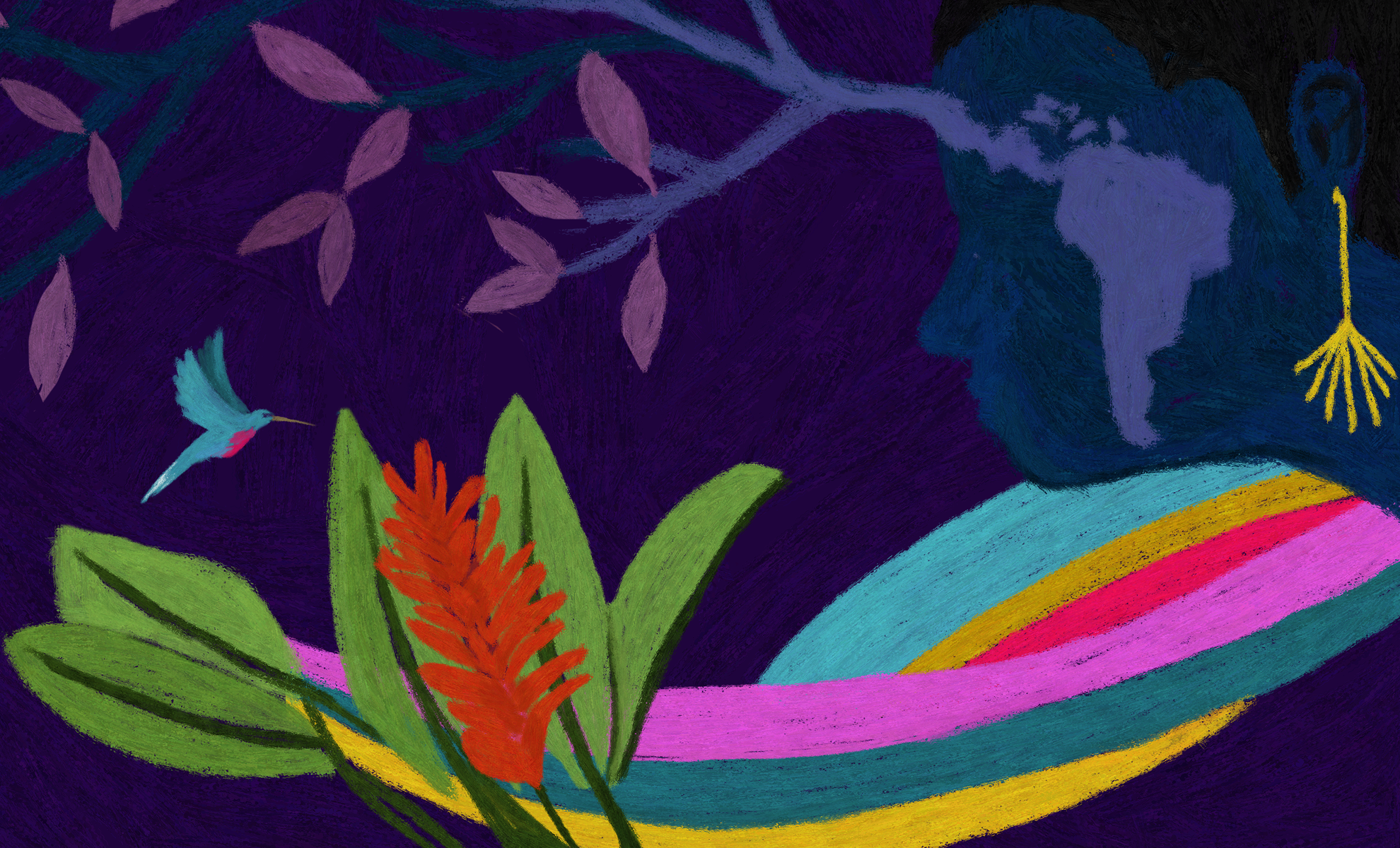
Valentina Fraiz
Whether due to the ancestral experience of African matriarchal cultures, the roles they were forced to occupy within the system of slavery, or a combination of both, black women have built a legacy of resistance that has been crucial in advancing the black population — and, in doing so, society as a whole.
Thirty years ago, black women from Latin America and the Caribbean took an important step in this direction when they organized to promote critical political reflection and action against coloniality. They developed a plan that, in various ways, encompassed this dimension. They chose to gather for a major coalition in Santo Domingo, in the Dominican Republic — the site of the first arrival of European colonizers. The meeting took place in 1992, marking 500 years since that event which triggered the history of annihilation and enslavement of civilizations across two vast continents — Africa and the Americas.
By shedding light on that tragic history, these women chose to write a new one, with their own milestone and point of reference. On July 25, 1992, they marched and created a new chapter by establishing the International Day of Black Latin American and Caribbean Women.
Since then, the Black women’s movement has marked many milestones. The founding and consolidation of organizations led by black women in Brazil, such as Geledés, Criola, CEERT, and Odara — who is also the creator of the “July of the black women” campaign. The Black Women’s March Against Racism, Violence, and for Good Living in 2015, which resulted in a letter of analysis and a declaration of the principles of good living. The formation of large networks and alliances of black women across Brazil. And alongside the 30th anniversary of that historic date, the 15th anniversary of Festival Latinidades — one of the initiatives that brought greater visibility to the International Day of Black Latin American and Caribbean Women.
Institutional achievements also reflect this process: the inclusion of African, Afro-Brazilian, and Indigenous history and culture in school curricula; the National Policy for the Comprehensive Health of the Black Population; the Racial Equality Statute; the quota law for public universities and federal institutes; and Law 12.990.
Thanks to the dreams and leadership of women within Black movements, a different society is being woven. In a nation-building project rooted in ancestral recovery and black identity — with a vision of the future where good living is a right guaranteed to all — black women and their perspectives nourish the steps we take today.






